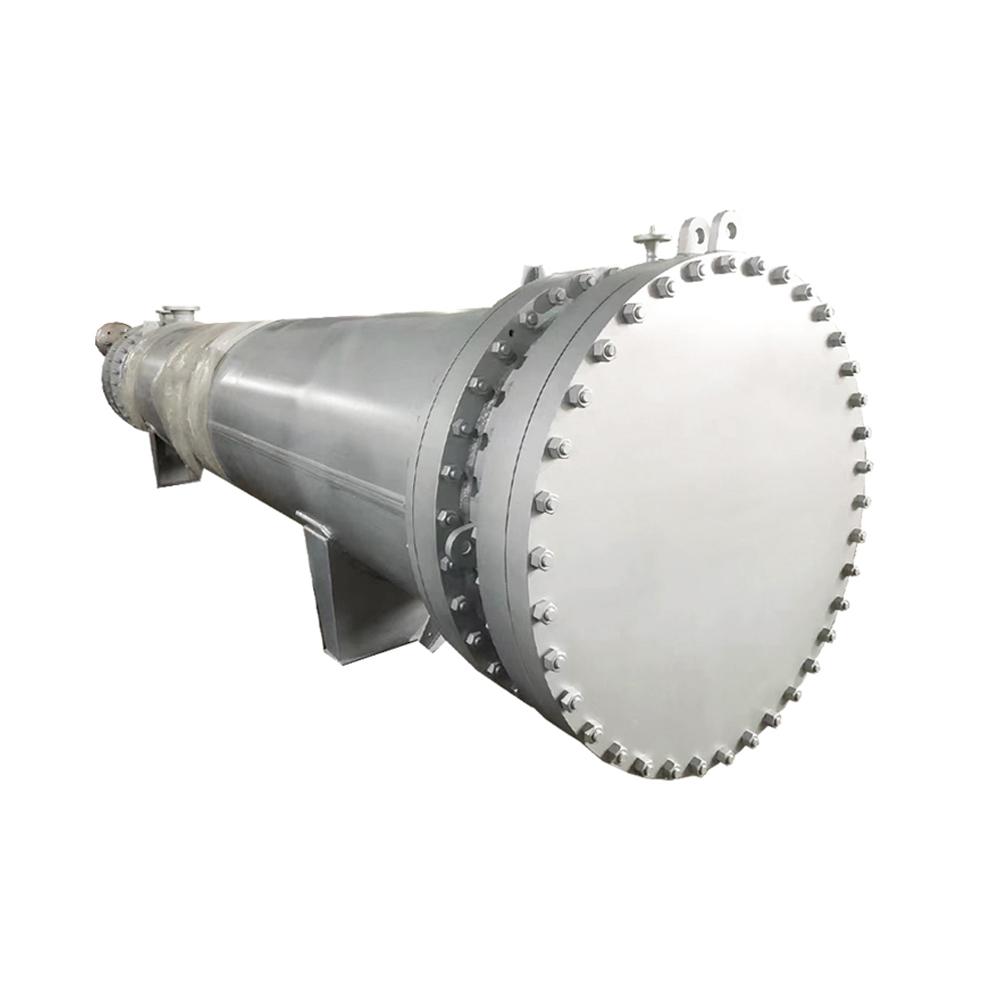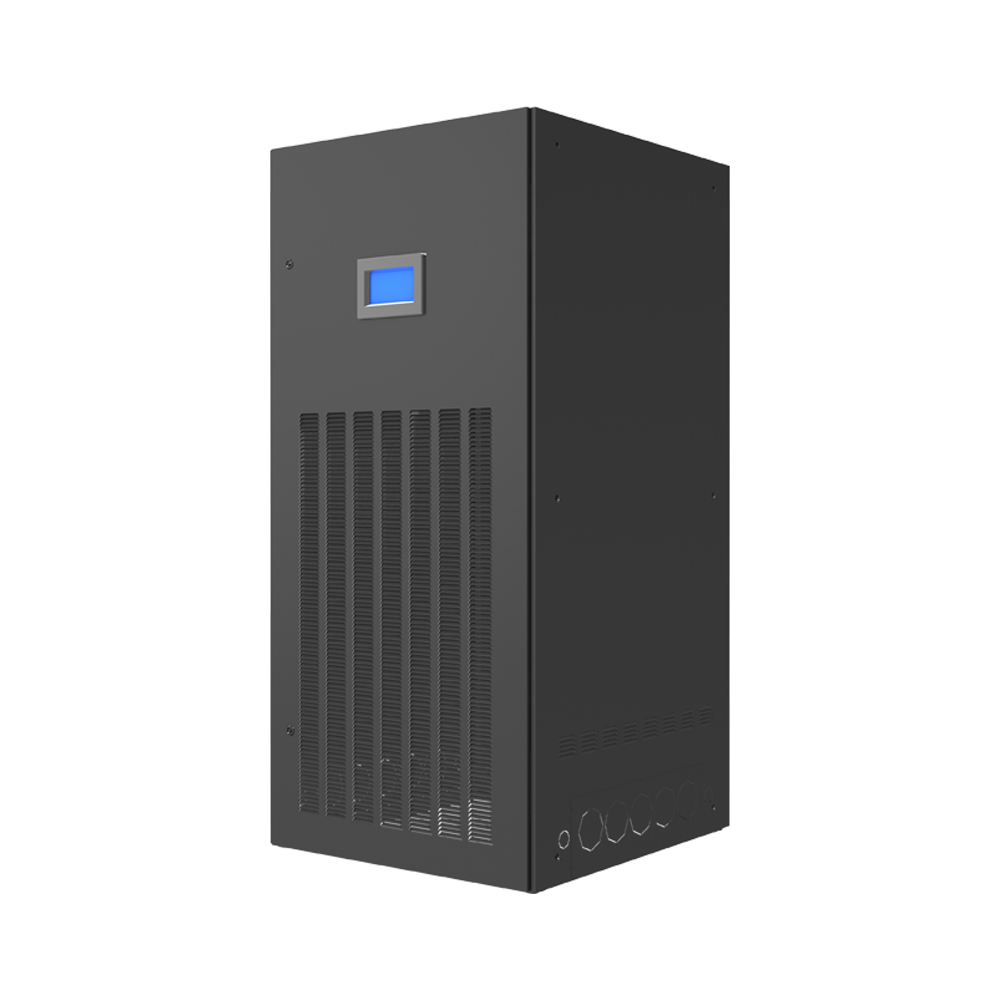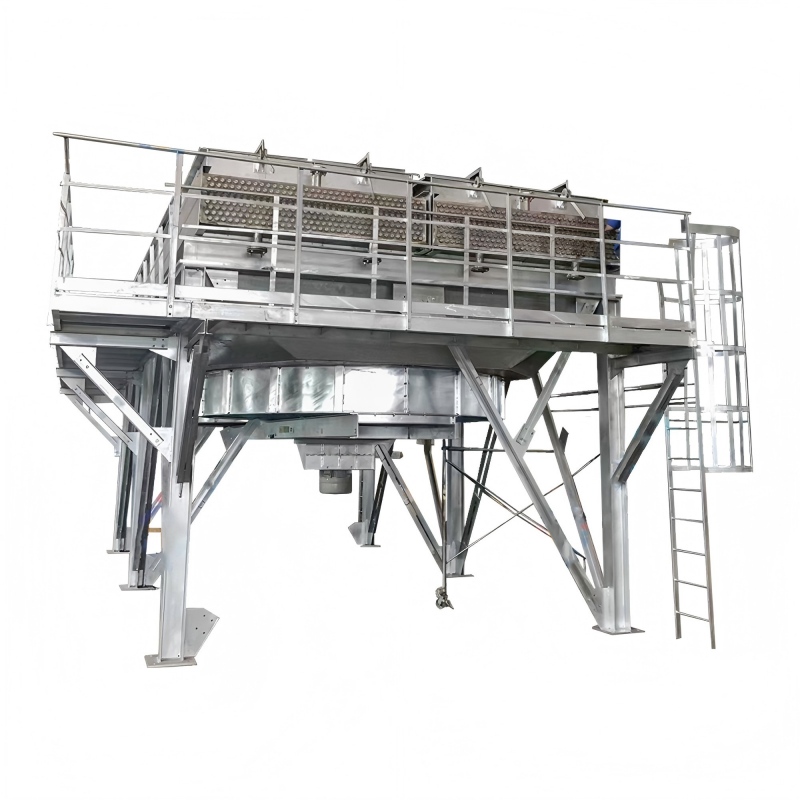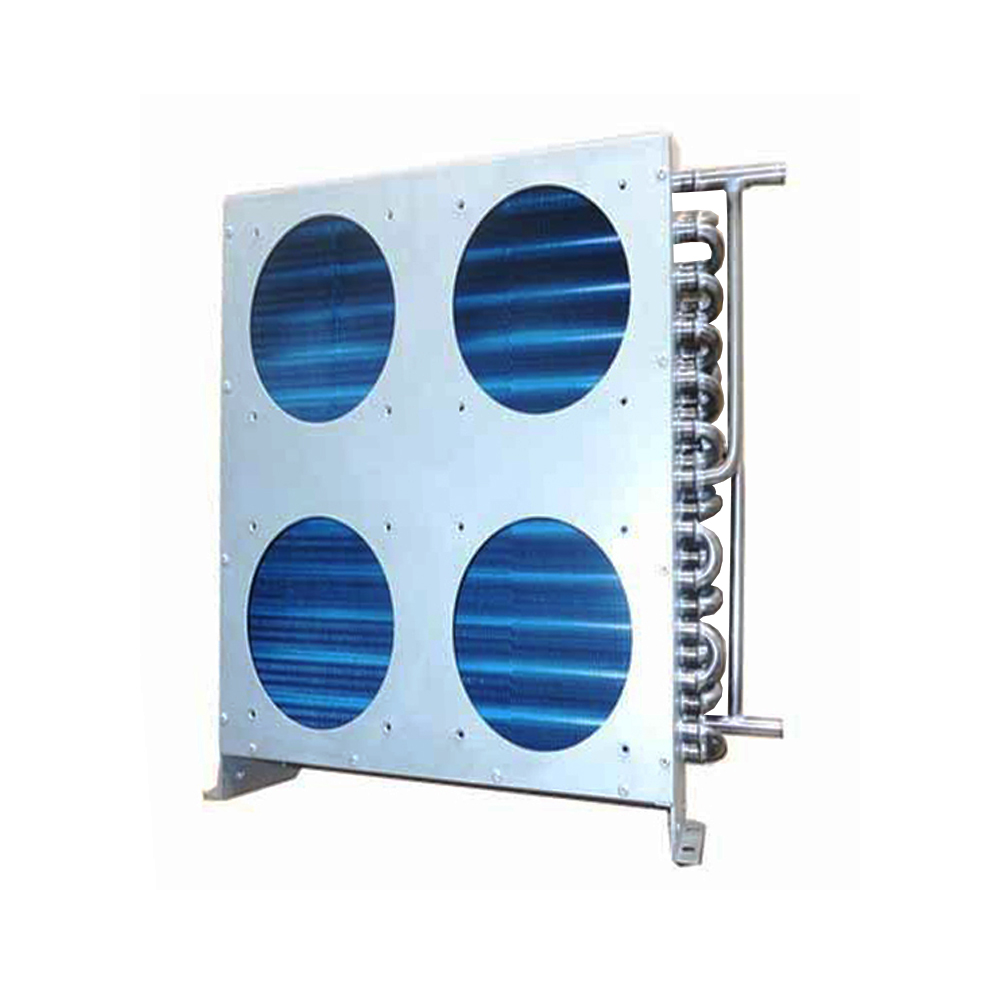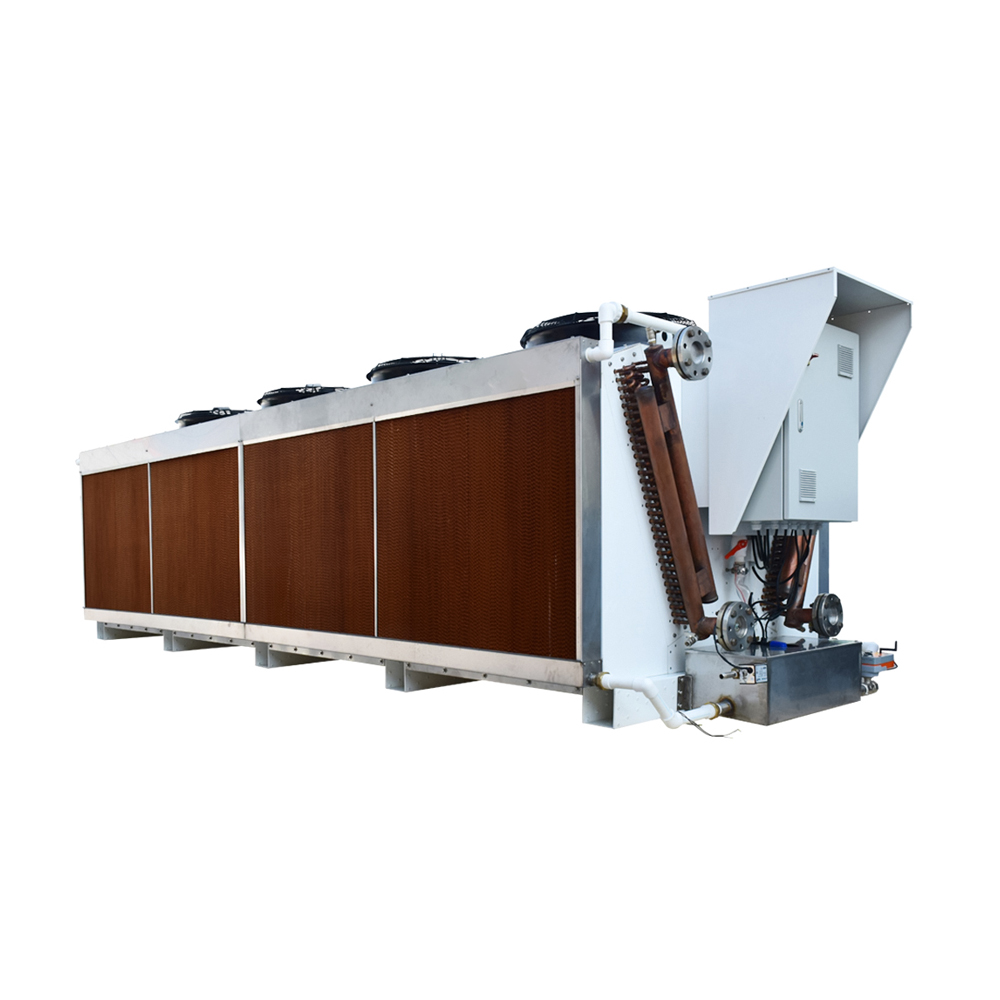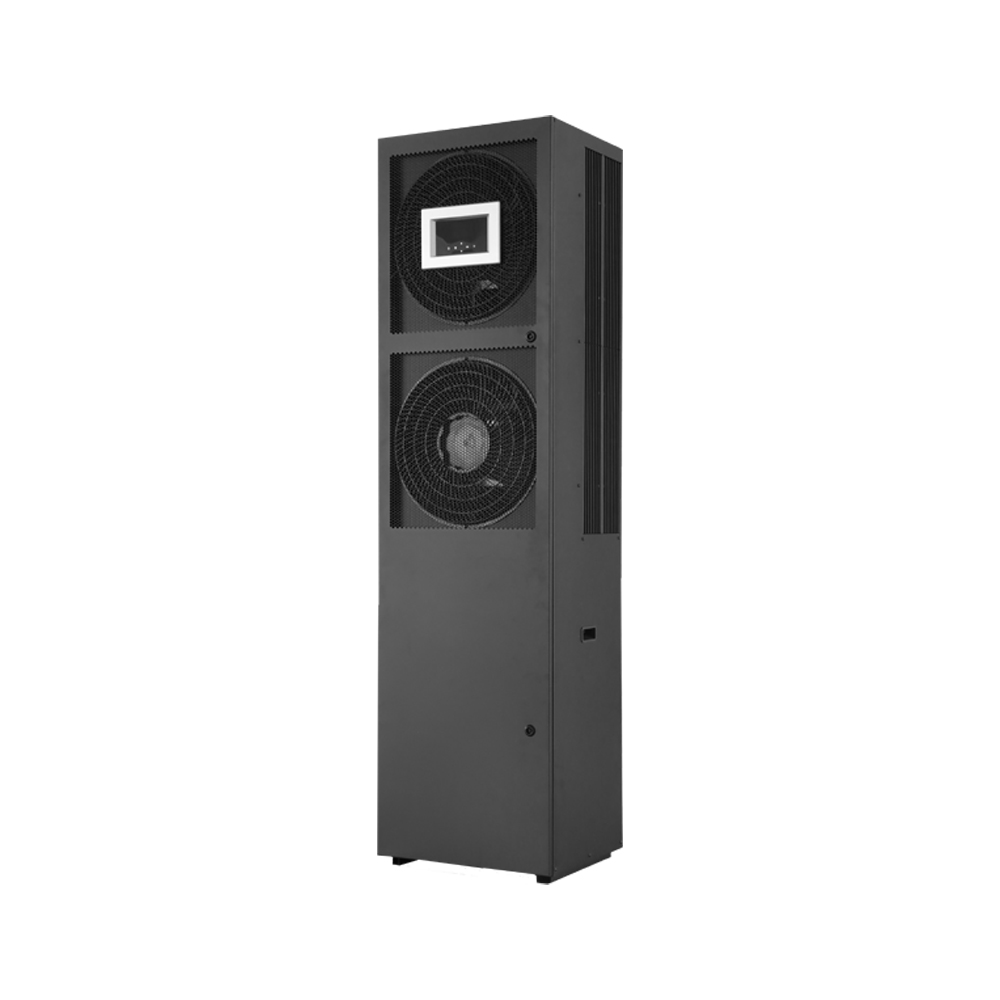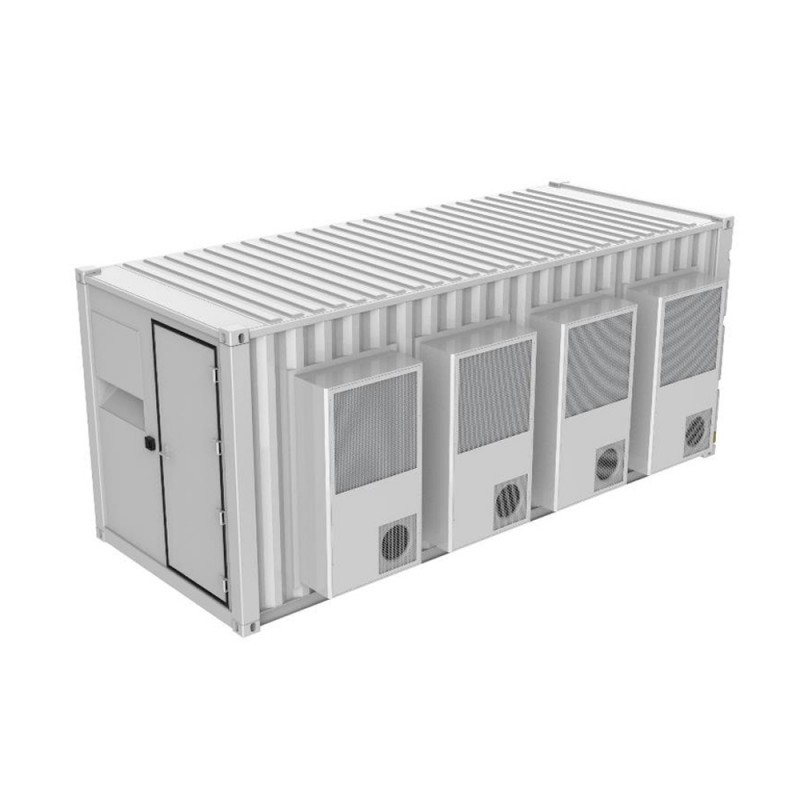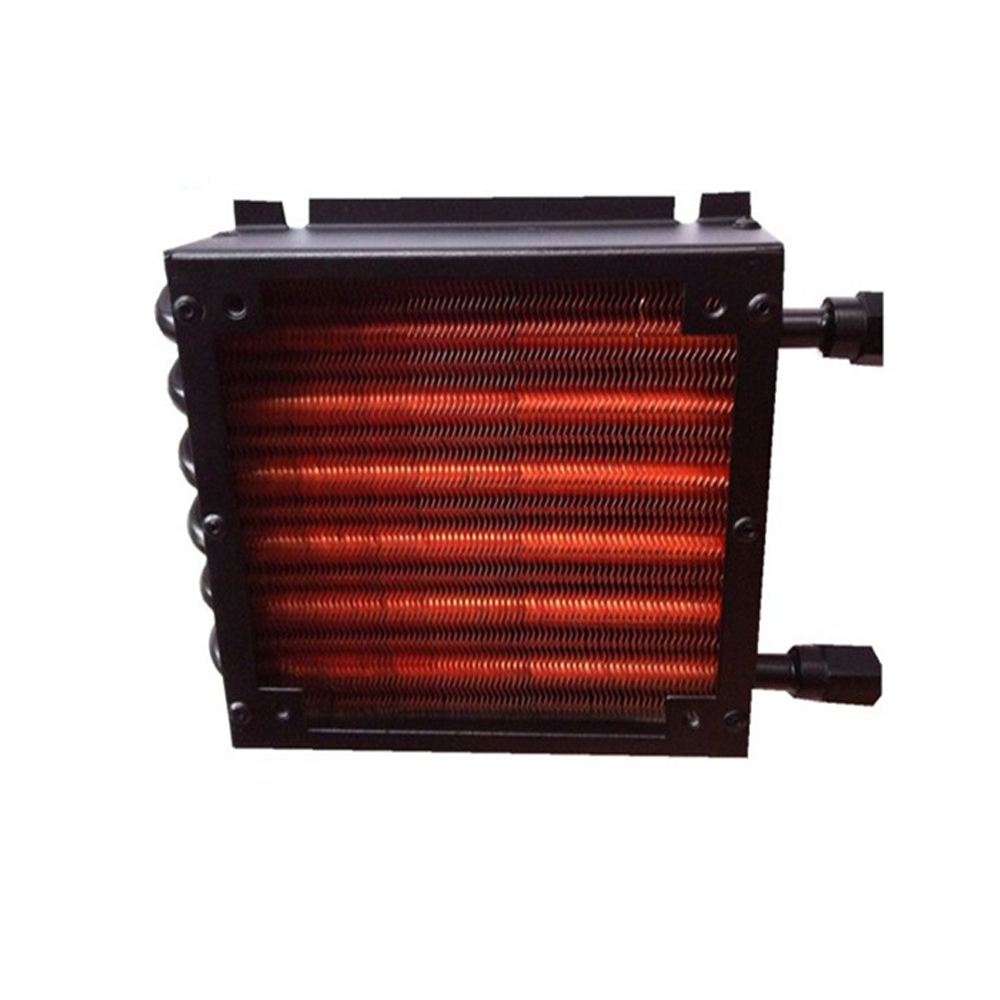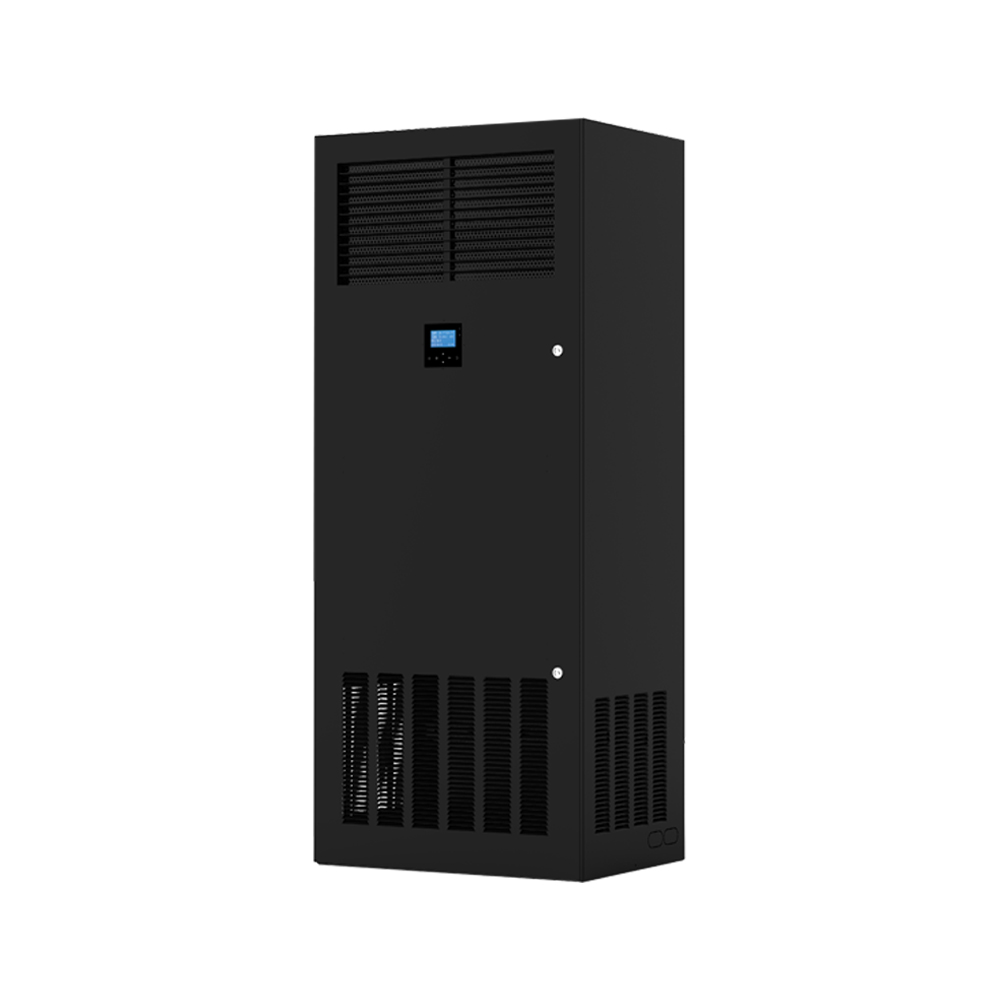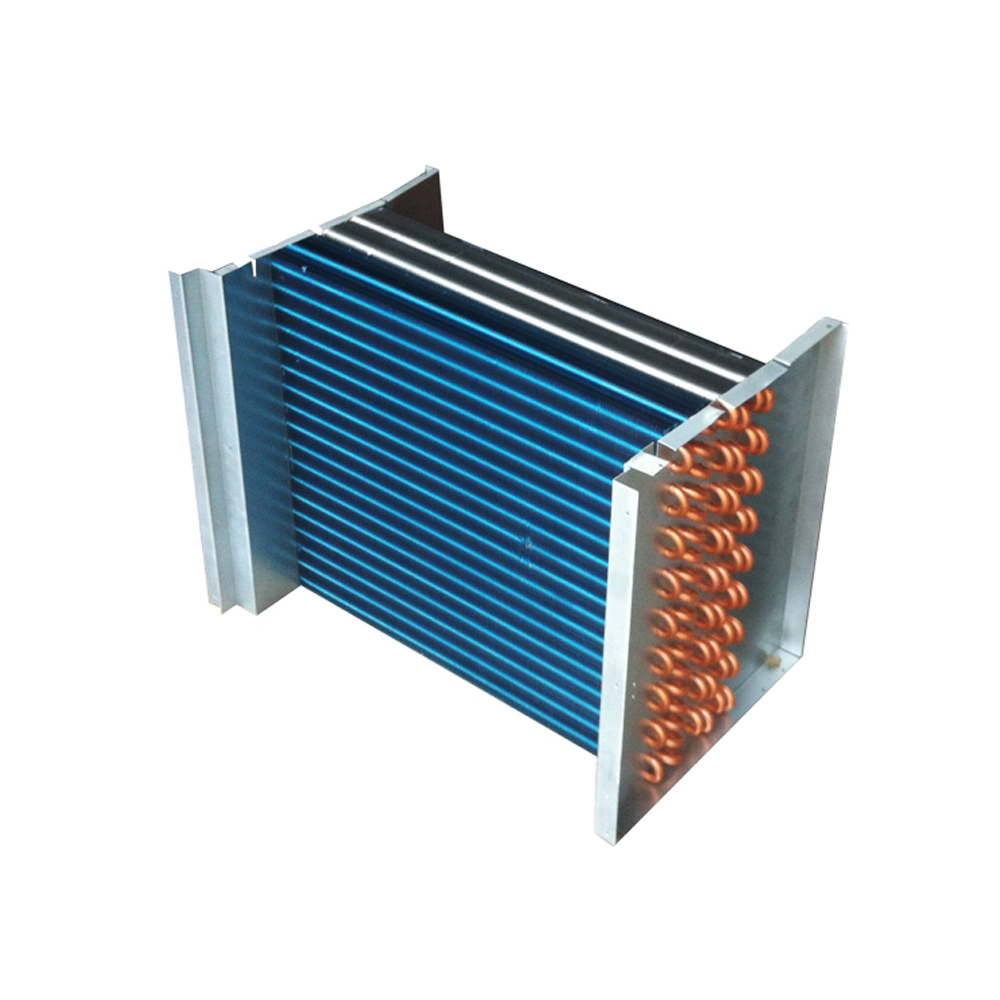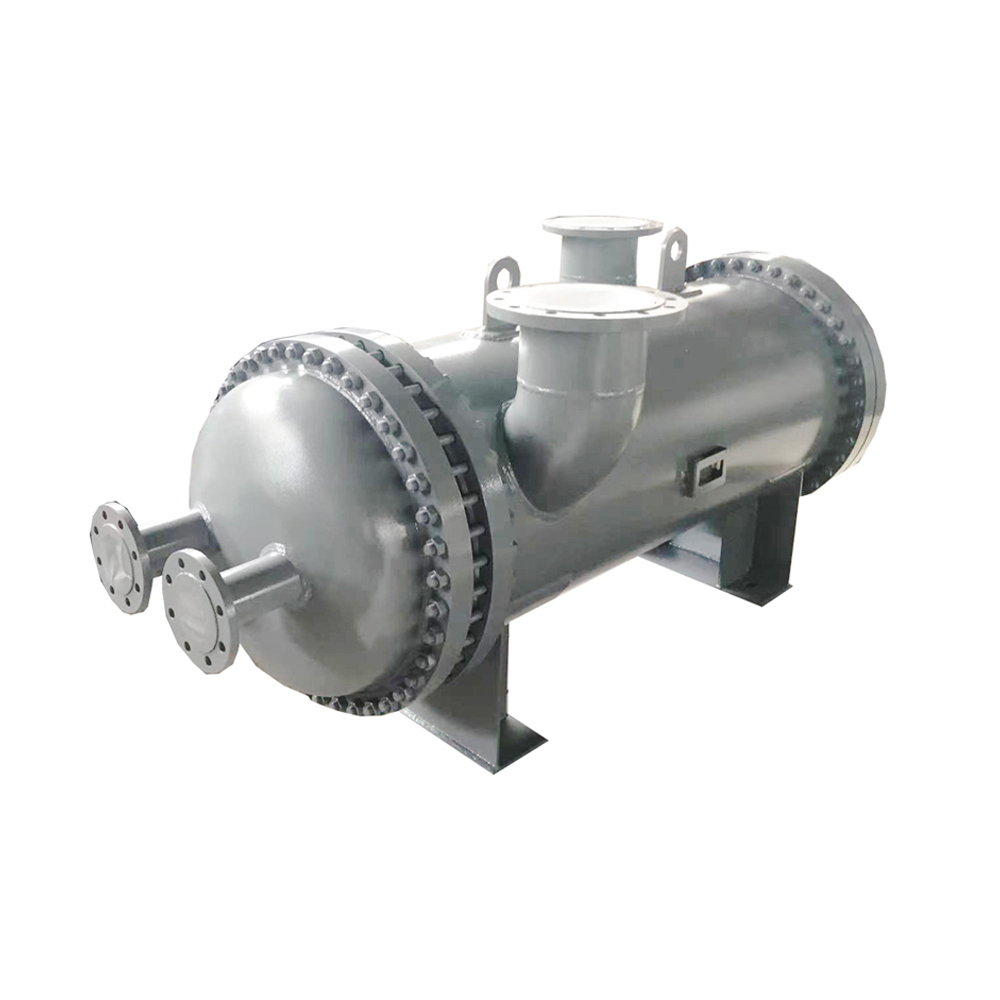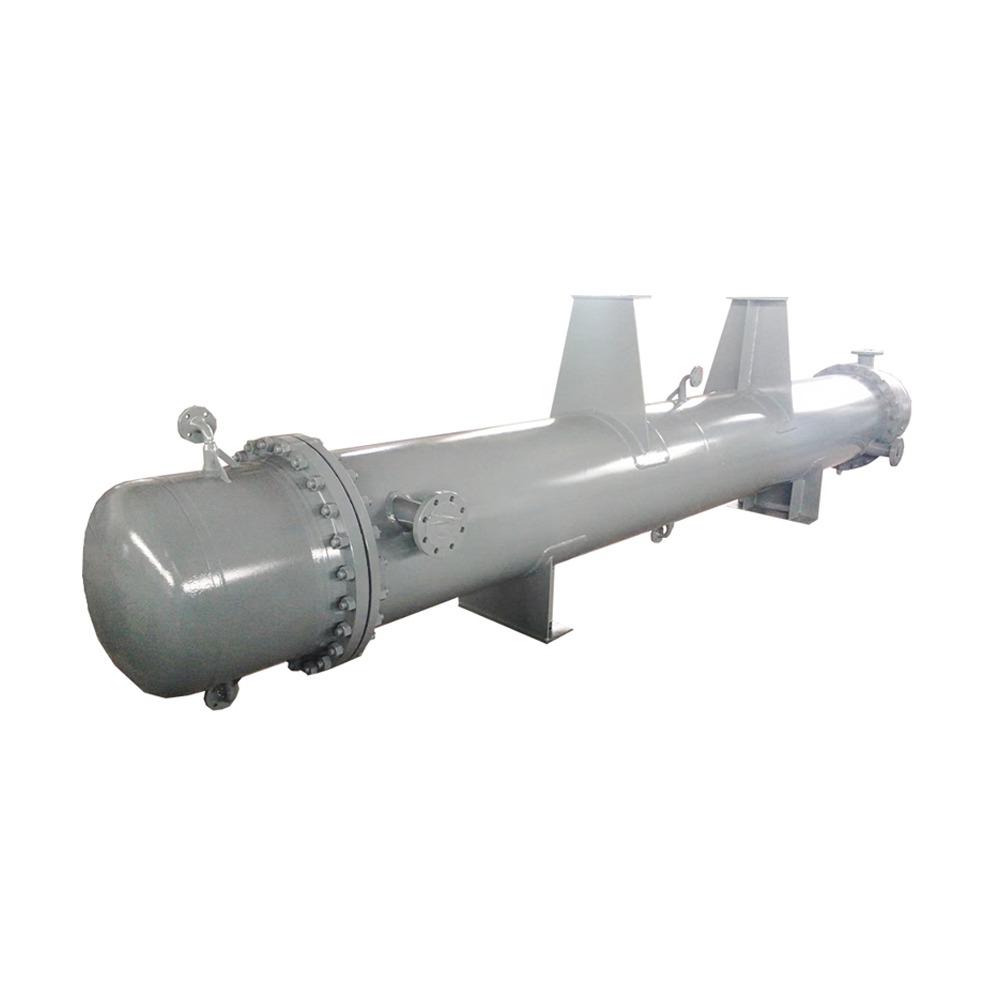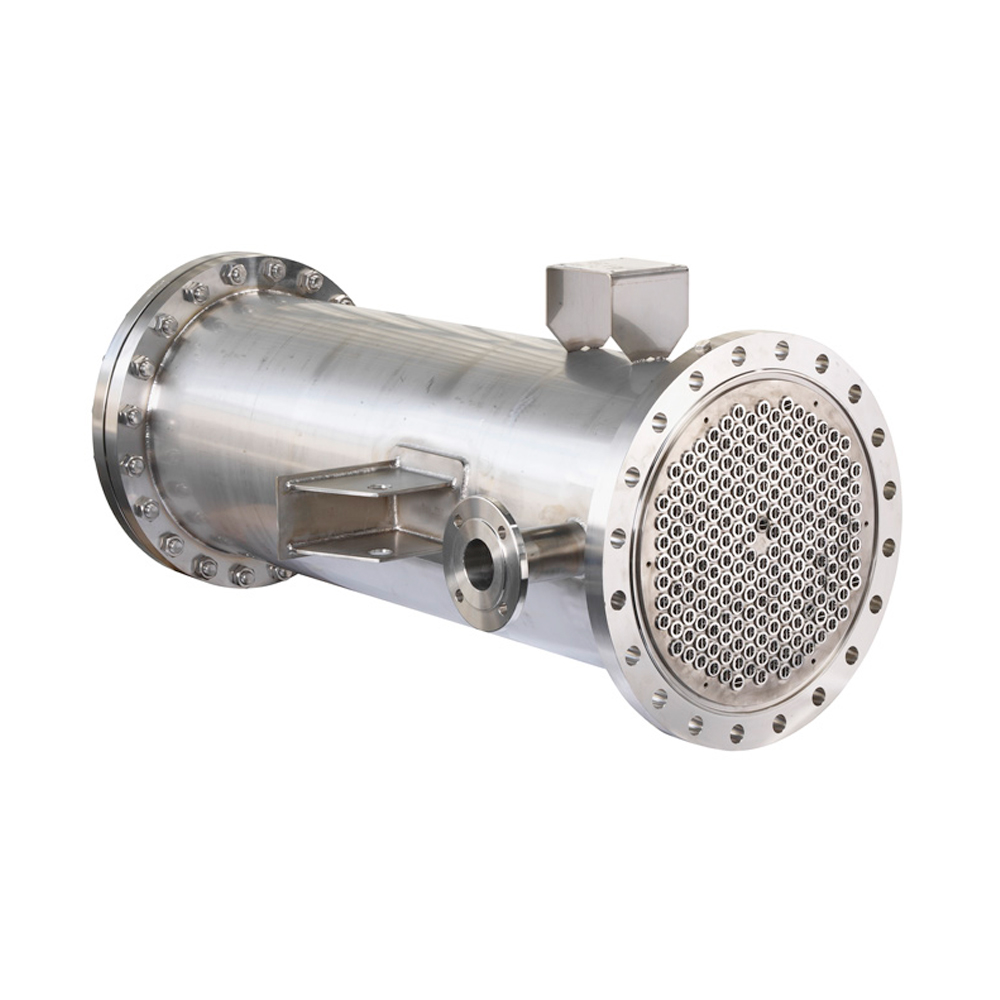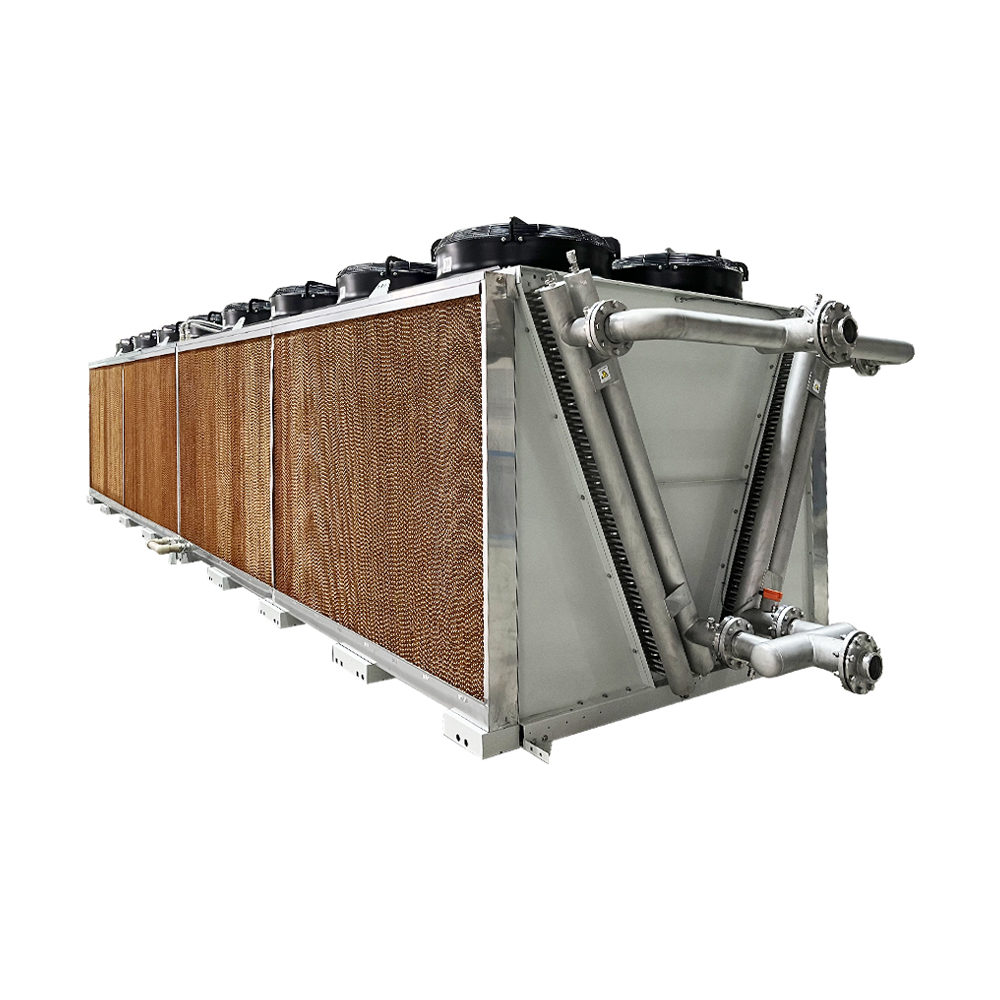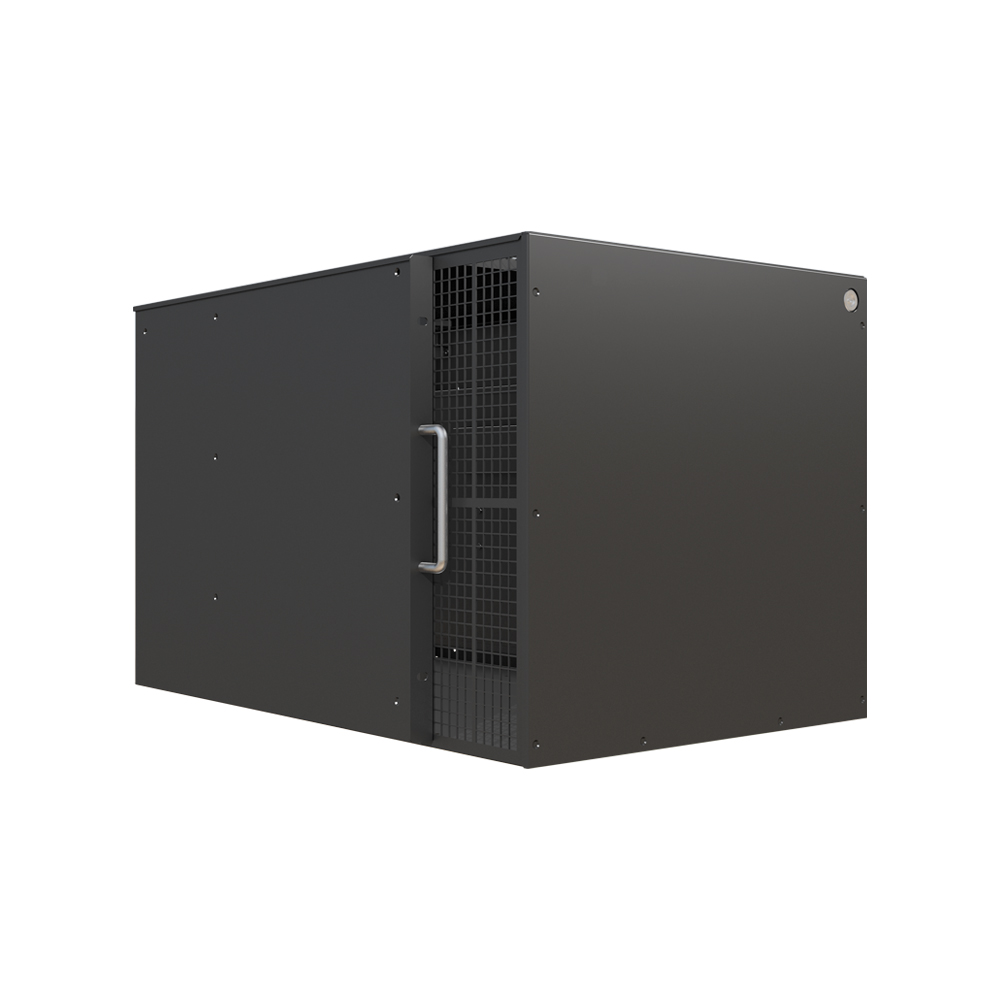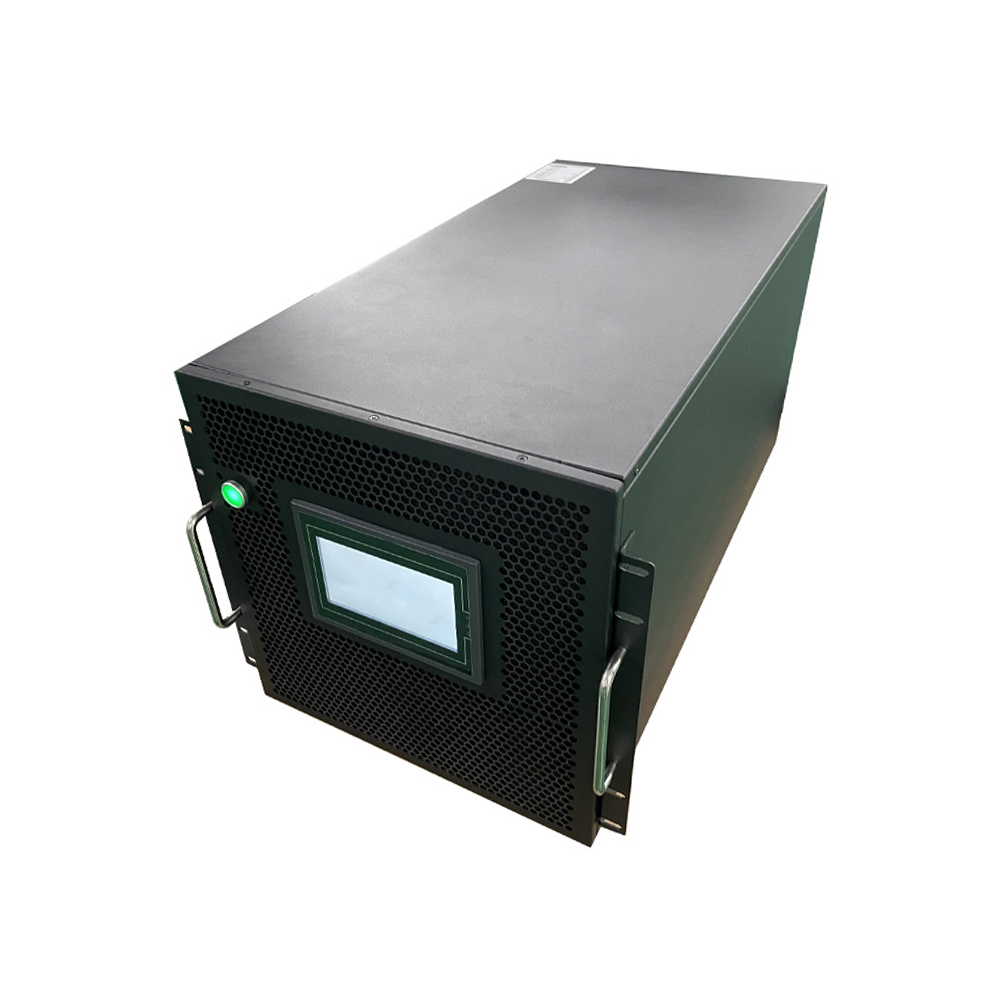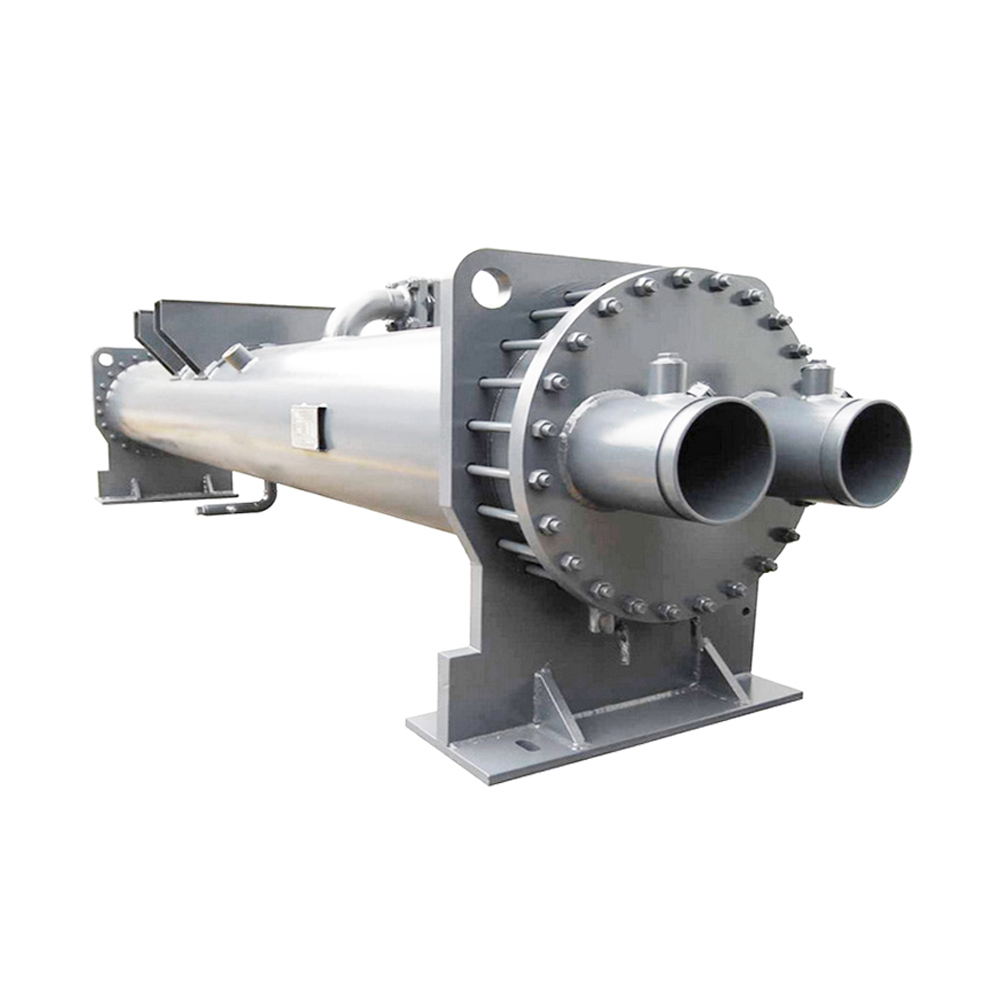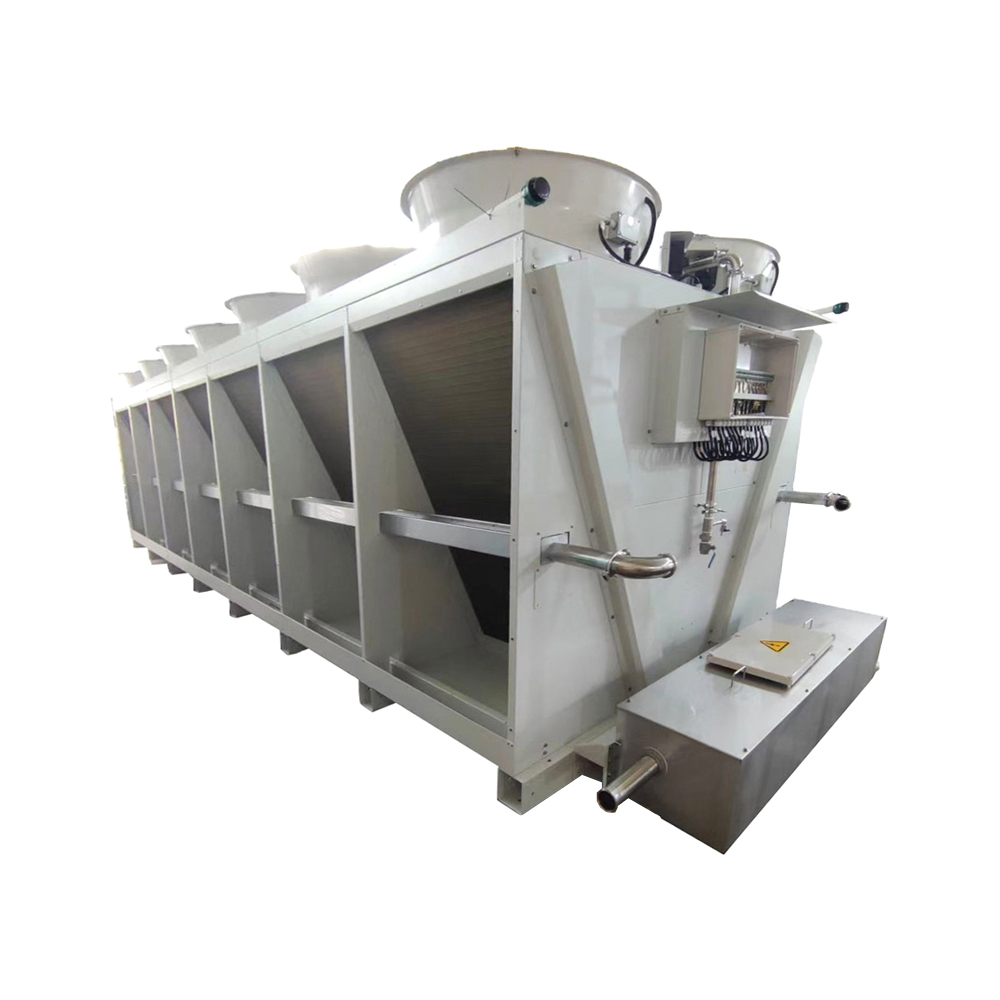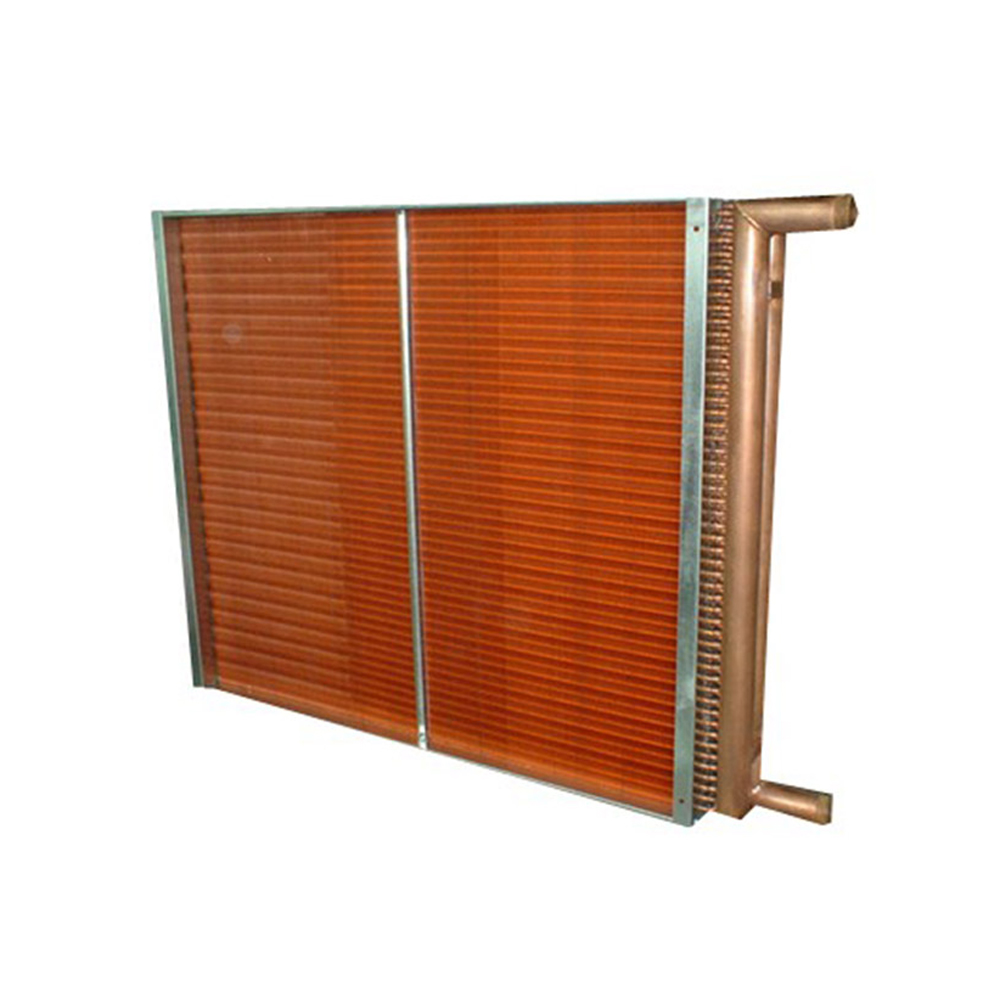Choosing the right industrial air handler is crucial for maintaining optimal comfort and efficiency in your industrial space. This guide provides a detailed overview of factors to consider, top brands, and key features to help you make an informed decision. We'll explore various types, energy efficiency ratings, and maintenance tips to ensure long-term performance and cost savings.
Understanding Industrial Air Handlers
What is an Industrial Air Handler?
An industrial air handler is a large-scale HVAC system component responsible for circulating and conditioning air within industrial settings. Unlike residential systems, industrial air handlers are designed to handle larger volumes of air, often in challenging environments with varying temperature and humidity requirements. They are typically used in factories, warehouses, and other large commercial spaces. These units often integrate with other HVAC components like chillers, boilers, or geothermal systems to provide comprehensive climate control.
Types of Industrial Air Handlers
Several types of industrial air handlers cater to different needs. These include:
- Direct Expansion (DX) Air Handlers: These units contain a refrigerant circuit within the unit itself, providing a more compact and often simpler installation.
- Water-Cooled Air Handlers: These use chilled or heated water from a central plant, offering greater flexibility and potentially higher energy efficiency in certain applications. This is often preferred for larger facilities.
- Packaged Air Handlers: These combine the air handler and other components (like the fan and heating/cooling coils) into a single, pre-assembled unit for easier installation and maintenance.
Factors to Consider When Choosing an Industrial Air Handler
Capacity and Airflow
The capacity of the industrial air handler should be matched to the size and heating/cooling needs of your space. Accurate airflow calculations are essential to ensure proper climate control. Undersized units will struggle to maintain temperatures, while oversized units may lead to energy waste.
Energy Efficiency
Look for industrial air handlers with high Energy Efficiency Ratio (EER) and Seasonal Energy Efficiency Ratio (SEER) ratings. These ratings indicate how efficiently the unit converts energy into cooling or heating. Investing in energy-efficient models can result in significant long-term cost savings.
Features and Options
Consider features like:
- Variable speed drives (VSDs): Allow for adjustable airflow, improving comfort and energy efficiency.
- Humidity control: Important in environments where humidity levels significantly impact productivity or product quality.
- Filtration systems: High-efficiency particulate air (HEPA) filters are vital in environments requiring clean air.
Top Industrial Air Handler Brands
Several reputable brands offer high-quality industrial air handlers. Research and compare models from different manufacturers to find the best fit for your specific requirements. Some well-known brands include Trane, Carrier, Daikin, and Lennox. Remember to check reviews and compare specifications carefully.
Maintenance and Longevity
Regular maintenance is vital for extending the lifespan and efficiency of your industrial air handler. This includes regular filter changes, coil cleaning, and professional inspections. Proper maintenance can prevent costly repairs and ensure optimal performance.
Choosing the Right Industrial Air Handler for Your Needs
Selecting the ideal industrial air handler requires careful consideration of your specific needs and budget. Factors like space size, environmental conditions, and energy efficiency targets should all guide your decision. Contacting a qualified HVAC professional for a consultation is highly recommended. For additional resources and to learn more about our industrial cooling solutions, visit Shanghai SHENGLIN M&E Technology Co.,Ltd.
Comparison Table: Key Features of Popular Industrial Air Handler Brands
| Brand | EER Rating (Typical) | Key Features | Warranty |
| Trane | 12-15 (varies by model) | Variable speed drives, advanced filtration | See manufacturer website for details |
| Carrier | 11-14 (varies by model) | High-efficiency coils, integrated controls | See manufacturer website for details |
| Daikin | 13-16 (varies by model) | Quiet operation, advanced inverter technology | See manufacturer website for details |
Note: EER ratings are approximate and can vary based on specific model and operating conditions. Always refer to manufacturer specifications for accurate data.
Remember to consult with a qualified HVAC professional for your specific needs and to find the best industrial air handler for your application. Proper planning and selection are critical for maintaining a comfortable and productive workspace.
1Data sourced from manufacturer websites. Please refer to individual manufacturer specifications for the most current information.









